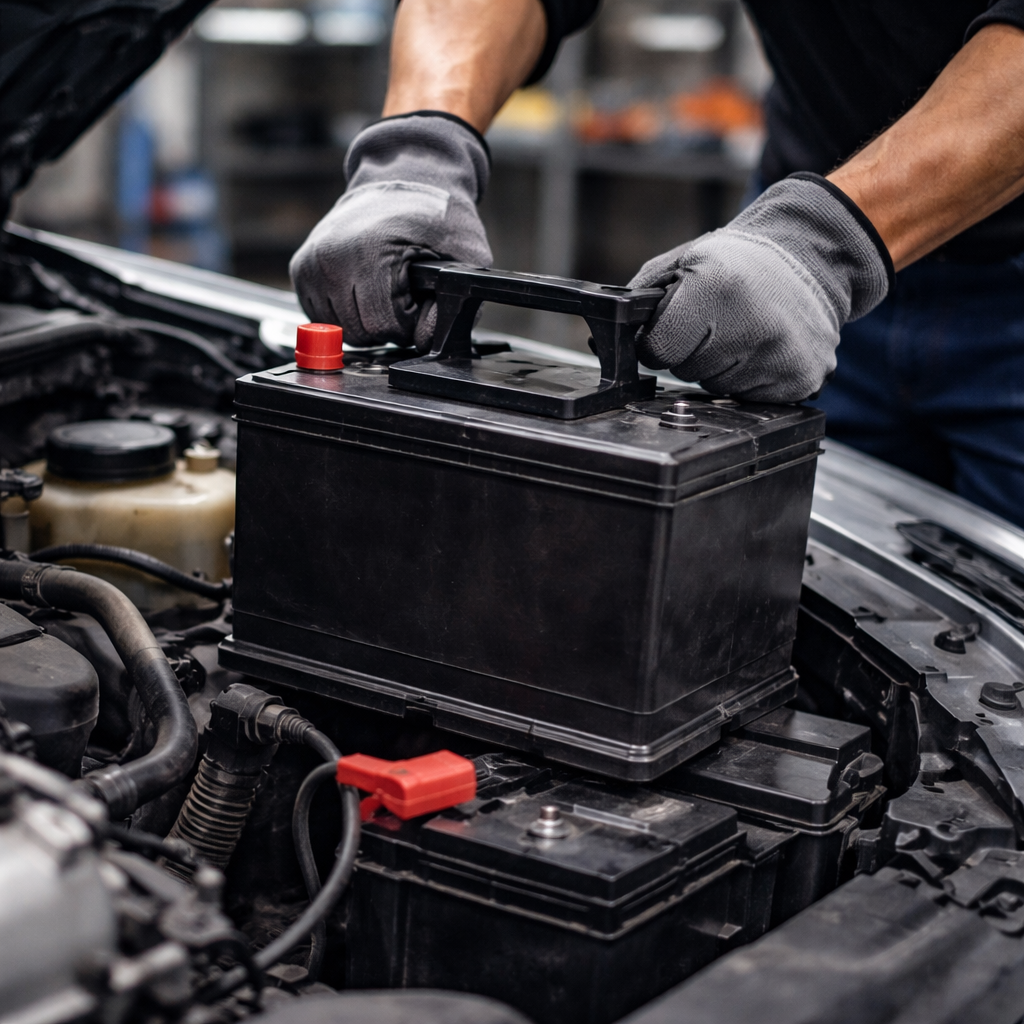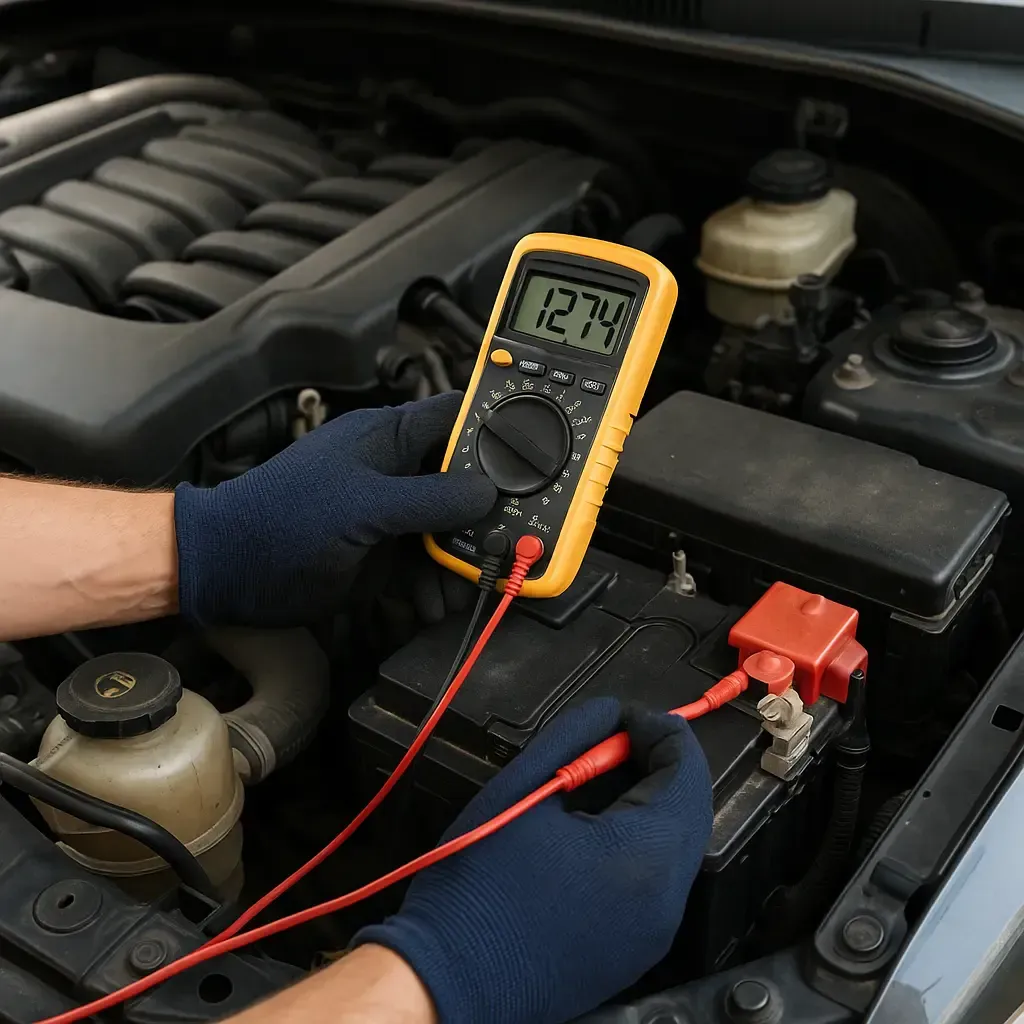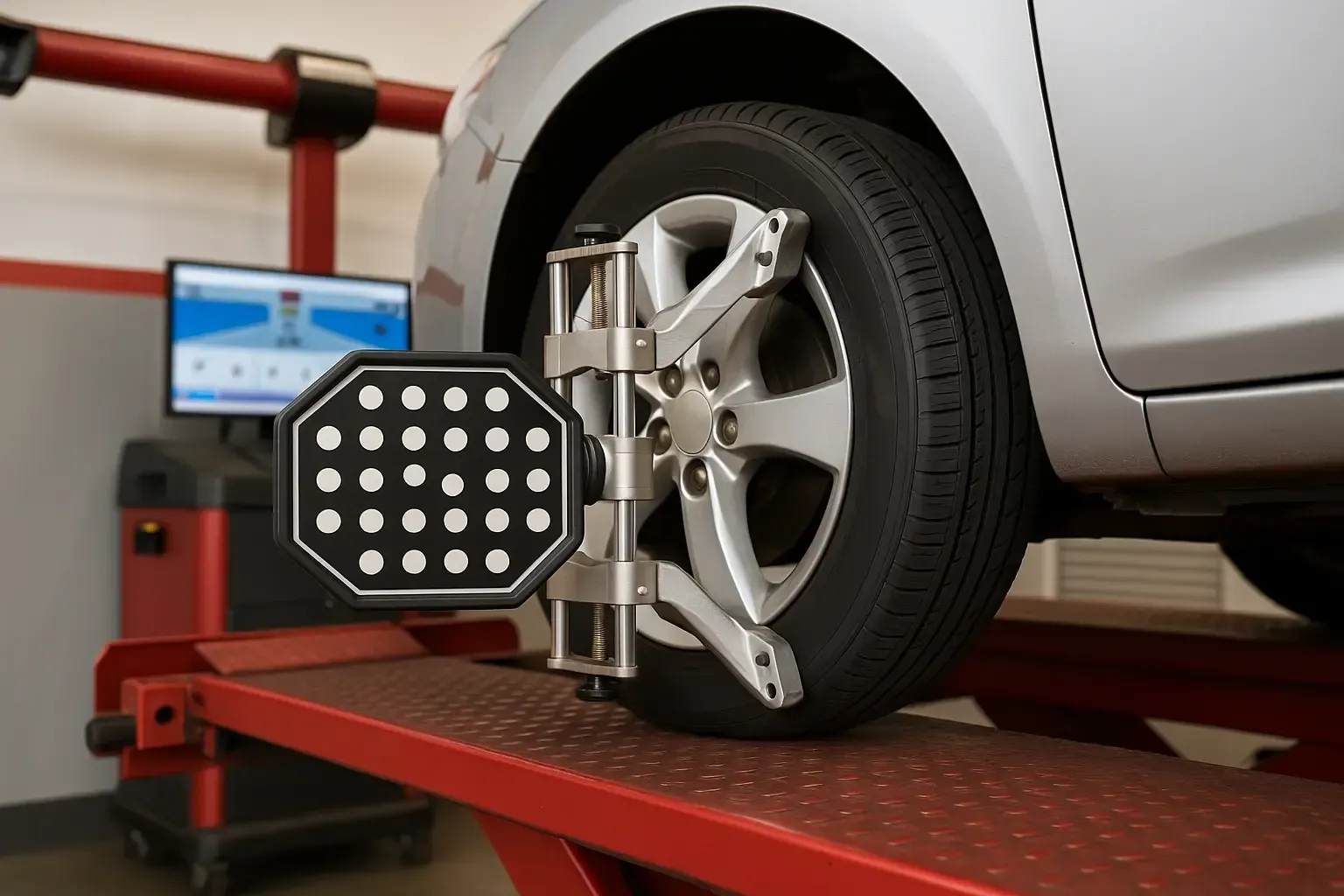Welcome to Musser Automotive, your dedicated car care experts in Bowling Green, KY. Today, we’re discussing a fundamental yet often underestimated aspect of vehicle maintenance: regular oil changes. Many car owners might view oil changes as just another task on their automotive maintenance checklist, but this routine service is crucial for your engine's longevity and efficiency. Let’s explore why keeping up with regular oil changes is essential and how Musser Automotive can help.
The Role of Engine Oil in Your Vehicle
Engine oil is the lifeblood of your car. It serves several critical functions:
- Lubrication: Oil provides a protective layer between engine components, reducing friction and wear.
- Cooling: By absorbing heat, oil helps to keep the engine at a safe operating temperature.
- Cleaning: High-quality engine oil contains detergents that help clean sludge and varnish from the engine.
- Protection: Oil can help prevent rust and corrosion in the engine’s internal components.
Without regular oil changes, your engine could be running on dirty, degraded oil that no longer performs these essential functions effectively, potentially leading to premature engine wear or failure.
Signs That You Need an Oil Change
At Musser Automotive in Bowling Green, KY, we recommend keeping an eye out for the following indicators that it's time for an oil change:
- Dark and Dirty Oil: Clean oil is amber in color and translucent. As it circulates through the engine, it picks up particles and turns darker. If your oil is dark and gritty, it’s time for a change.
- Engine Noise and Knocking: Good engine oil provides a protective barrier between engine parts. When oil breaks down, this barrier can wear away, and increased engine noise or knocking can occur.
- Oil Change Light or Check Engine Light: Your car’s dashboard has indicators that alert you when it’s time for maintenance.
- Exhaust Smoke: If your exhaust emits smoke rather than just vapor, it could indicate an oil leak or faulty engine parts.
- Oil Smell Inside the Car: This can indicate a serious problem, such as an oil leak or engine overheating.
How Often Should You Change Your Oil?
The old rule of thumb was to change your oil every 3,000 miles, but with modern lubricants, most engines today have recommended intervals of 5,000 to 7,500 miles. If you’re using full synthetic oil, you might be able to go up to 15,000 miles between changes. However, these numbers can vary based on the vehicle make, model, age, and your driving habits. Check your owner’s manual for your manufacturer’s recommendations.
Why Choose Musser Automotive for Your Oil Change?
At Musser Automotive in Bowling Green, KY, we offer more than just an oil change; we provide a comprehensive service that checks the overall health of your vehicle. Here’s what makes us stand out:
- Expertise: Our ASE-certified technicians are trained to perform oil changes on all makes and models.
- Quality Products: We use high-quality oils and filters to ensure the best performance and protection for your engine.
- Full Inspection: We conduct a thorough inspection of your vehicle with every oil change, checking fluids, belts, hoses, and other vital components.
- Convenient Service: We understand that your time is valuable. Our services are efficient, and we make it easy to schedule appointments online or by phone.
Keep Your Engine Running Smoothly
Regular oil changes are a simple yet crucial part of maintaining your vehicle's reliability and efficiency. Let Musser Automotive in Bowling Green, KY, help you keep your car in top condition. Visit us today or schedule an appointment online. We’re here to ensure your vehicle performs at its best for years to come.









